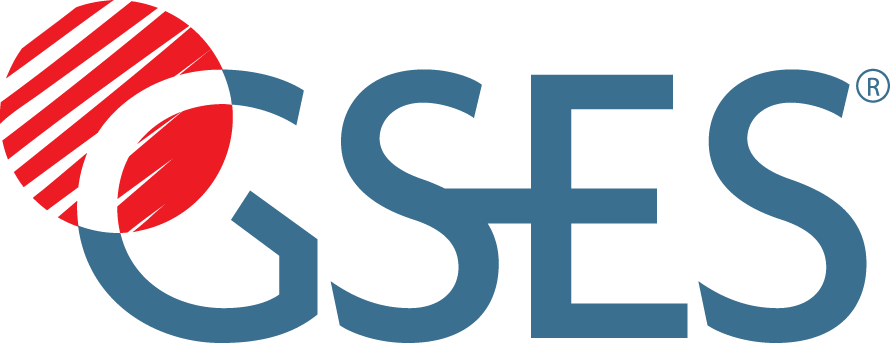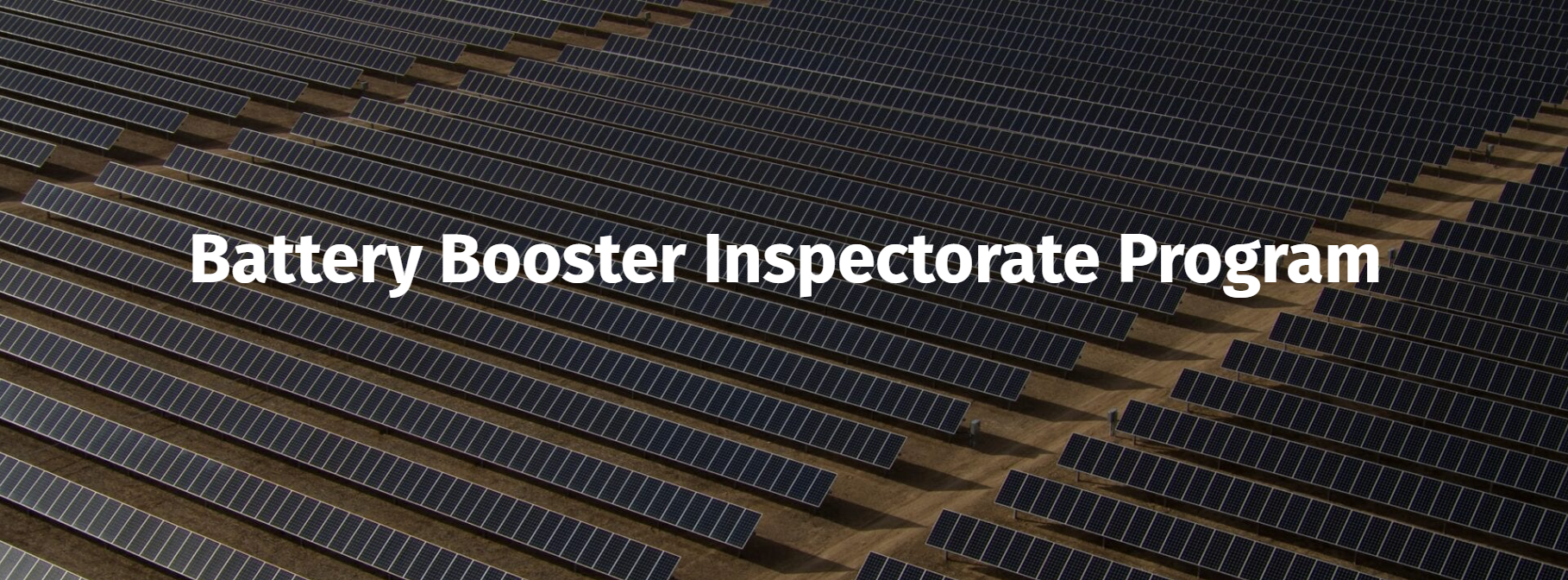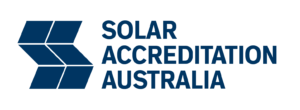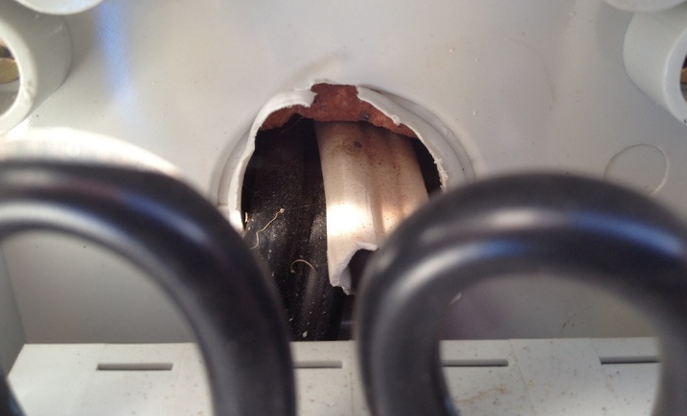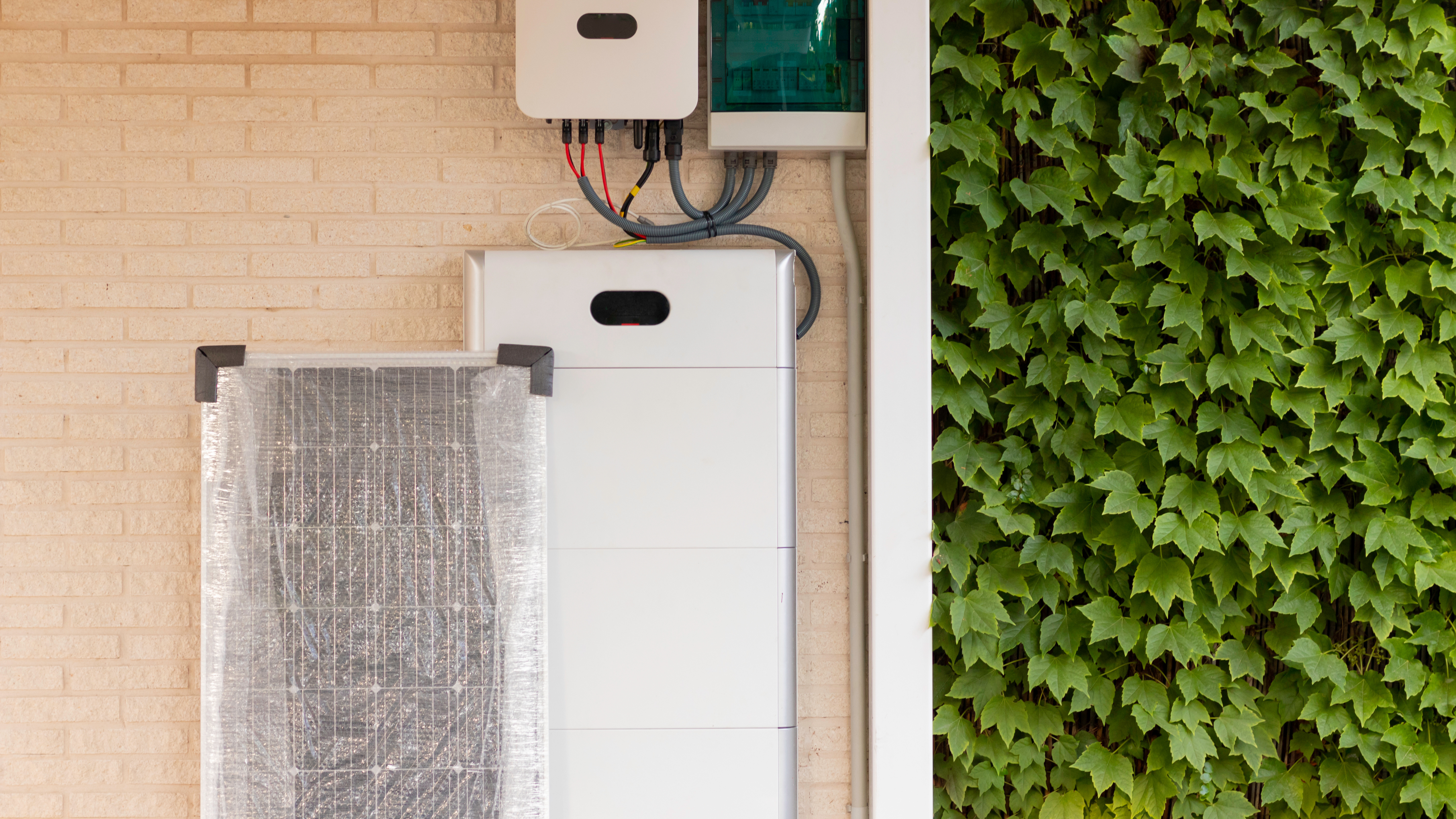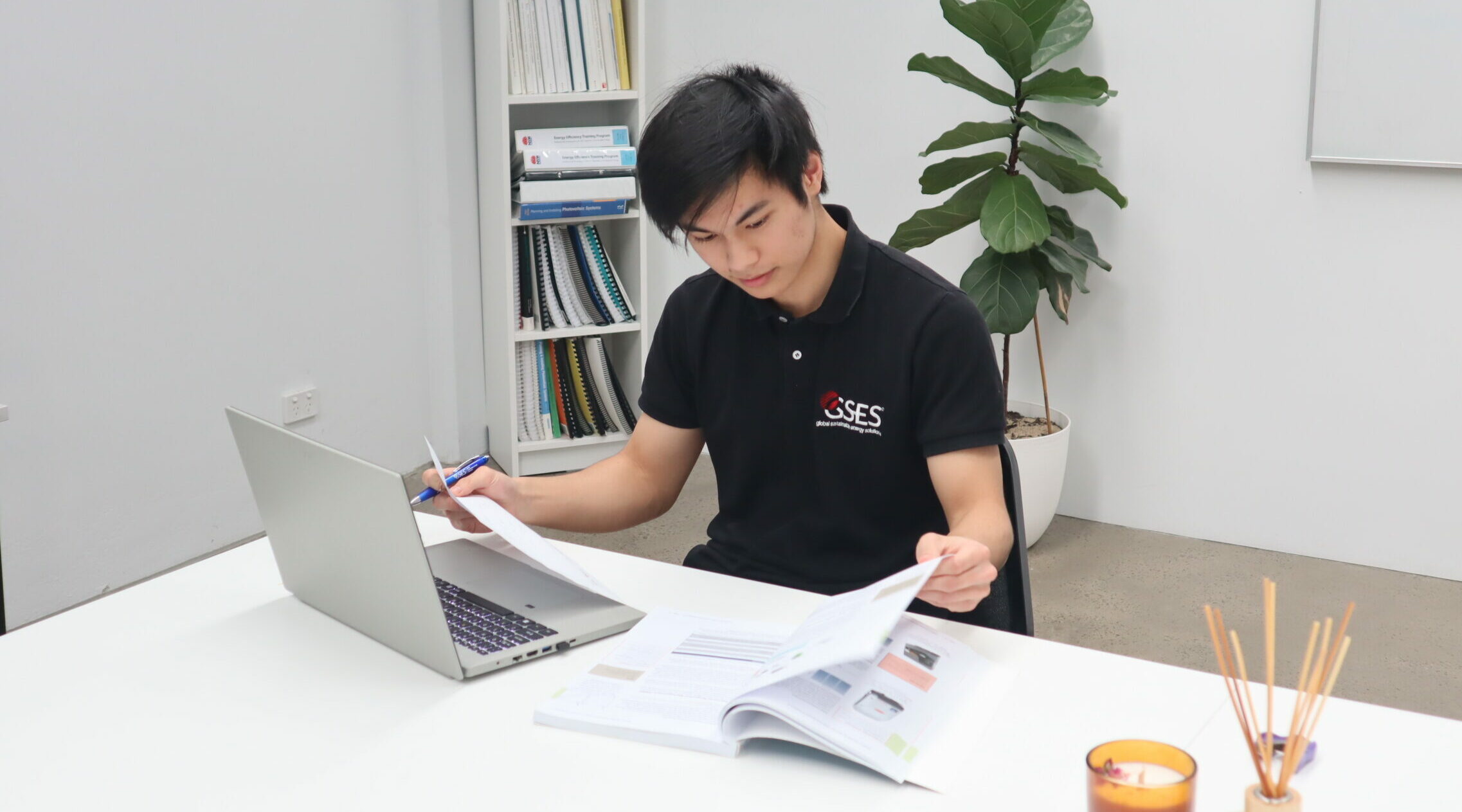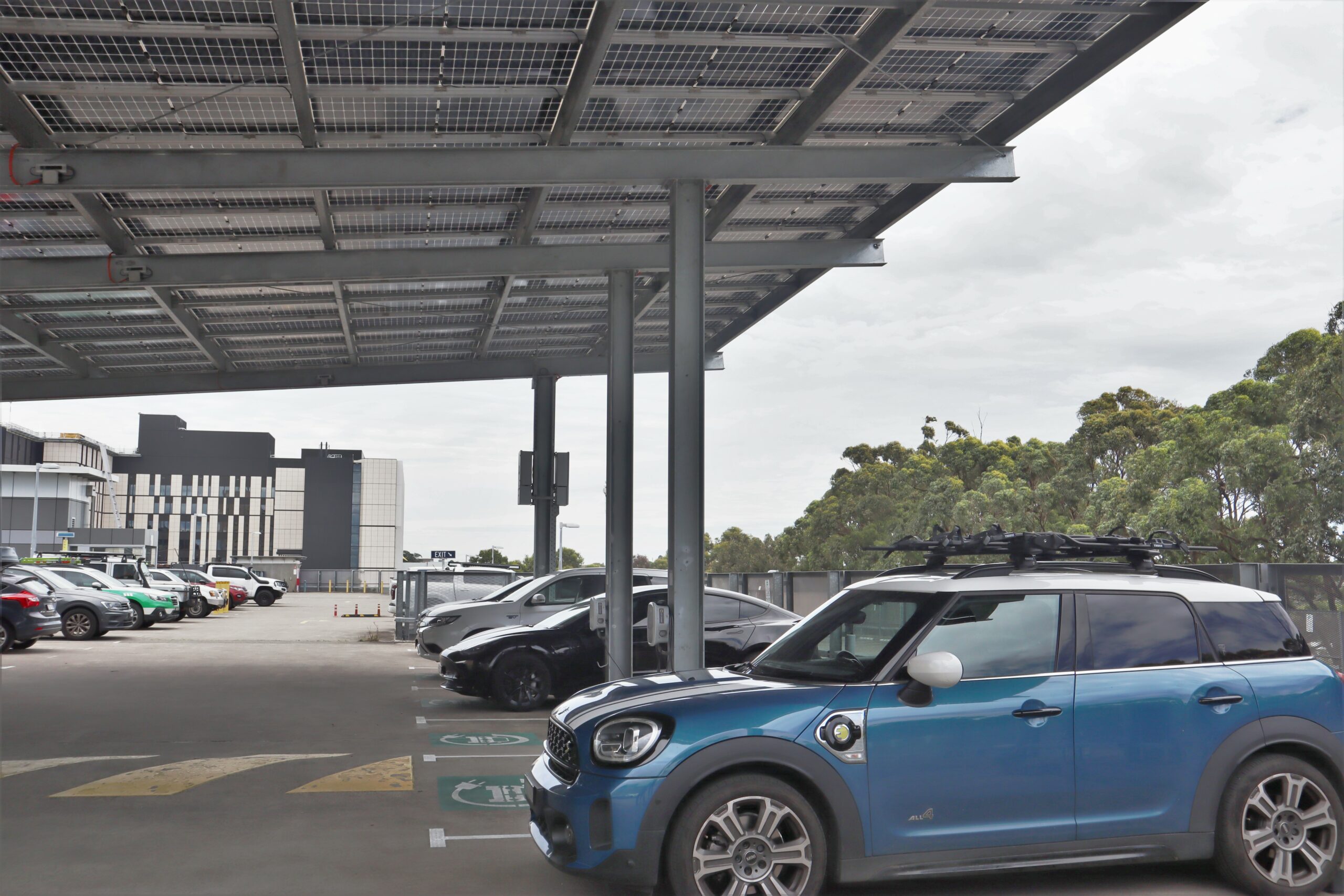With the introduction of new battery rebate programs in Queensland and the ACT this year, and a proposed rebate in NSW expected in November, the safe installation of batteries has become an increasingly important topic. A common concern among installers is determining suitable battery installation locations, particularly regarding what constitutes a habitable room and a […]
Author: GSES
Battery Location Restrictions from AS/NZS 3000:2018
The installation of Battery Energy Storage Systems (BESS) is governed by stringent safety standards as outlined in AS/NZS 5139:2019, specifically in sections 4, 5, and 6. These sections impose explicit restrictions on permissible installation locations to mitigate safety risks. In addition to the provisions specified within AS/NZS 5139:2019, compliance with AS/NZS 3000:2018 is also mandatory […]
New Accreditation Administrator Announced – Everything we know about Solar Accreditation Australia
The Clean Energy Regulator has just announced Solar Accreditation Australia (SAA) as the new installer and designer accreditation administrator! This means that the CEC is no longer the accreditation scheme operator, and the SAA accreditation scheme is now in effect. SAA is an independent, not-for-profit organisation founded by the Smart Energy Council and Masters Electricians […]
Solar Installation: Common Mistakes and Best Practices
In 2023 the Clean Energy Council suspended 166 accreditations and cancelled 51. Most of the cases opened came from the Clean Energy Regulator’s inspections program [1] which focuses on quality and compliance of installations across the country. GSES has been part of the Clean Energy Regulator’s inspection program for many years and has seen all […]
Battery DC cables to Inverters may need to be oversized by 25%
Part of the design of extra low voltage battery systems involves sizing battery cables and fuses. There is one aspect that is often overlooked which can easily result in under dimensioning these vital components. This article is aimed at 48V, 24V and 12V systems which are either grid connected or standalone. It provides the background […]
GSES Partners with Hi Neighbour to Provide PV Training Scholarships
This year, GSES has had the pleasure of working with the not-for-profit organisation, Hi Neighbour, to provide subsidised solar accreditation courses to workers in high carbon industries. Hi Neighbour was started by actress Yael Stone, who wanted to create positive climate action in response to the devastation of the Australian bushfires in 2019-2020. What does […]
NSW Work Health & Safety Amendment Bill 2023
Last month, the NSW parliament passed the WHS Amendment Bill 2023. The bill covers a number of updates in relation to increased maximum penalties, a new silica register and a new asbestos notice regime. The changes primarily impact PCBUs (Persons Conducting a Business or Undertaking), as PCBUs are responsible for providing and maintaining a working […]
Accreditation Unit Changes 2023
In December 2022, the Australian Industry Skills Committee (AISC) and Clean Energy Council (CEC) announced major updates to the training units for small-scale renewables. The training units have been significantly restructured to reflect the updated skills and knowledge required to work on PV, battery and stand alone energy systems, as well as covering updated standards, […]
Your Guide to CPD Points and Maintaining your SAA Accreditation
If you are an accredited solar designer or installer, or aspiring to be one, you may have heard of CPD points. This article will run you through what CPD points are, and how you can earn them to ensure you maintain your solar accreditation. What are CPD points? The Continuous Professional Development (CPD) programme has […]
Managing Grid Constraints Related to Electric Vehicle Charging
As EVs become more common, so does issues with existing network and grid. This article explains how these issues are caused and a few of the possible solutions for them.
